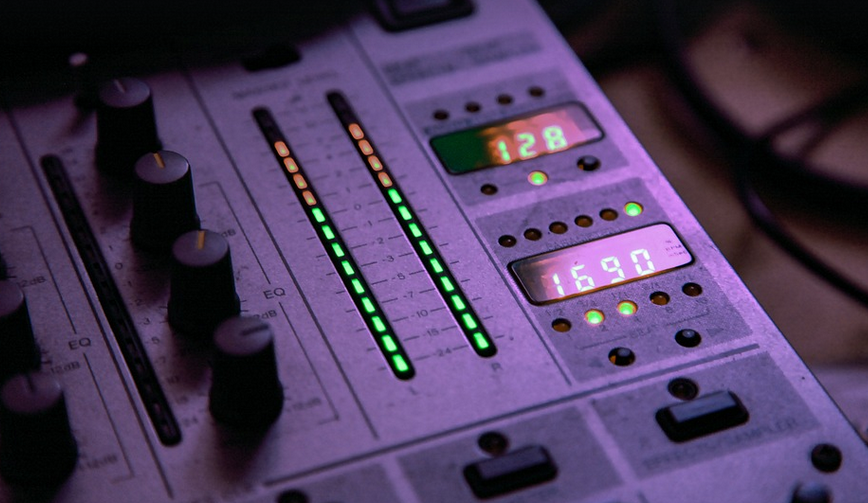Understanding the Need for Reliable Conduits
A strong underground conduit is like the skeleton of your home’s electrical system, providing a safe and secure pathway for electricity to flow throughout. It ensures that power gets delivered efficiently and reliably, all while minimizing risks like fire hazards or electrocution. Choosing the right wire within this conduit is paramount, as it directly impacts how your electric system performs.
The market’s always buzzing with new technologies, and wire construction has seen its fair share of innovation over the years. So, what makes a wire truly stand out? It goes beyond just being thick or thin; it involves a careful balance of conductivity, durability, and safety factors.
Factors to Consider When Choosing Wire for Conduit
Just like choosing the right clothes for an occasion, selecting the best wire for your underground conduit is rooted in understanding specific needs. Here’s a deeper dive into some crucial aspects:
- Amperage Rating: This refers to how much electrical current the wire can handle safely. A higher amperage rating means greater power capacity, making it suitable for larger loads. For instance, residential circuits typically utilize 15-20 amps, while commercial or industrial applications might require much higher amperages.
- Type of Wire: This is often categorized as “copper” or “aluminum.” Each material has unique properties affecting conductivity and cost. Copper is favored for its superior conductivity due to its high electrical resistance. Aluminum offers a lower cost but can be less ideal compared to copper, especially in high-current applications.
- Sheath Material: The outer coating of the wire—the sheath—serves as a protective layer against moisture, abrasion, and corrosion. It’s crucial to select a sheath material that complements your conduit installation requirements. For instance, PVC (polyvinyl chloride) is widely used for its durability and resistance to chemicals and water.
- Grounding: This vital aspect ensures electrical safety. A properly grounded wire conducts electricity directly to the ground, preventing electrical shocks. It’s crucial to understand that grounding is not just about connecting wires; it also involves choosing the right grounding electrode material for your specific needs.
- Wire Gauge: This refers to the thickness of the wire and its conductivity. Thicker gauge (smaller diameter) signifies higher current capacity, providing better power handling in high-demand applications.
Best Wire Options for 2025
As we venture into the future, the world will continue to embrace innovations that enhance efficiency and safety. In terms of wire construction, here are some prominent trends shaping the best wires for underground conduit in 2025.
1. Advanced Copper Wires:
Copper wires continue to reign supreme with their exceptional conductivity. The future holds even greater advancements in copper wire manufacturing, focusing on:
- Fine-Mesh Coils: These coils enhance conductivity and reduce electrical resistance.
- Water-Resistant Sheaths: Shielding against moisture and corrosive elements.
2. Aluminum Wires for Cost Savings
Aluminum wires offer cost advantages, making them a popular choice in various fields. In 2025, we’ll likely see continued development of aluminum wires that achieve better conductivity than traditional examples, particularly in:
- Energy-Efficient Applications: Aluminum wires are increasingly used in solar energy and electric vehicle charging applications due to their low weight and efficient conductivity.
- Cost-Effective Solutions: The lighter weight and lower cost of aluminum wires make them a compelling choice for smaller or less demanding projects where copper’s premium price might not be necessary.
3. Sustainable Conduit Options
Sustainability is becoming increasingly vital in various industries, including construction. 2025 will likely see more development and adoption of:
- Recyclable Wires: Wires made from recycled materials offer environmental benefits.
- Biodegradable Conduits: Some companies are exploring the use of bio-based materials like bamboo in conduit construction, offering a more eco-friendly option.
Choosing the Best Wire for Your Project
Remember, selecting the right wire takes careful consideration of your unique project needs. Factors such as:
- Load Capacity:** How much power will the conduit need to carry?
- Location and Environment:** Where is the conduit being installed, and what are the environmental conditions? Are there any extreme temperatures or moisture concerns?
- Project Budget: Wire price varies depending on its material and gauge.
Get Expert Advice
When in doubt about choosing the best wire, don’t hesitate to consult with a qualified electrician or engineer. They can provide expert guidance based on your specific project requirements.
